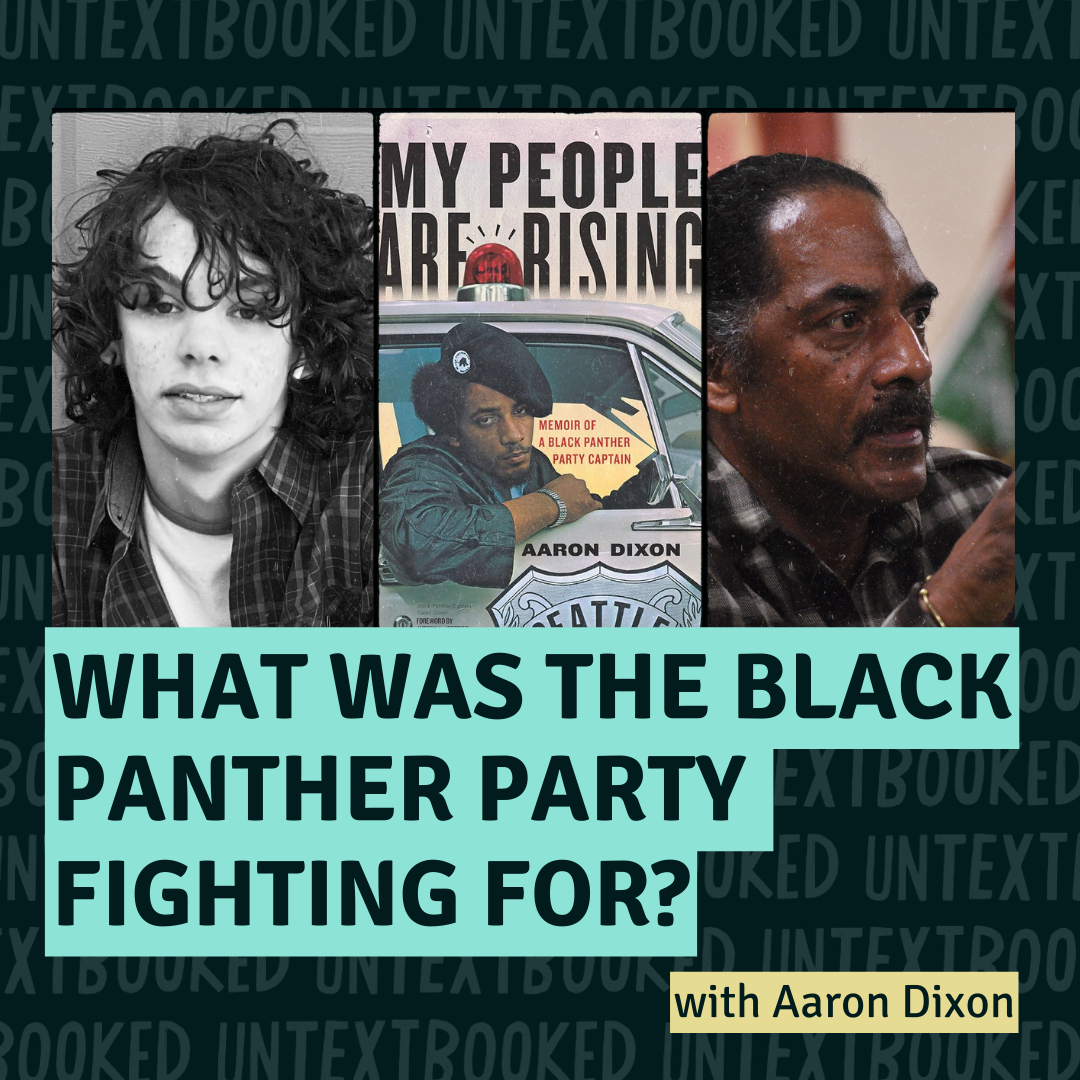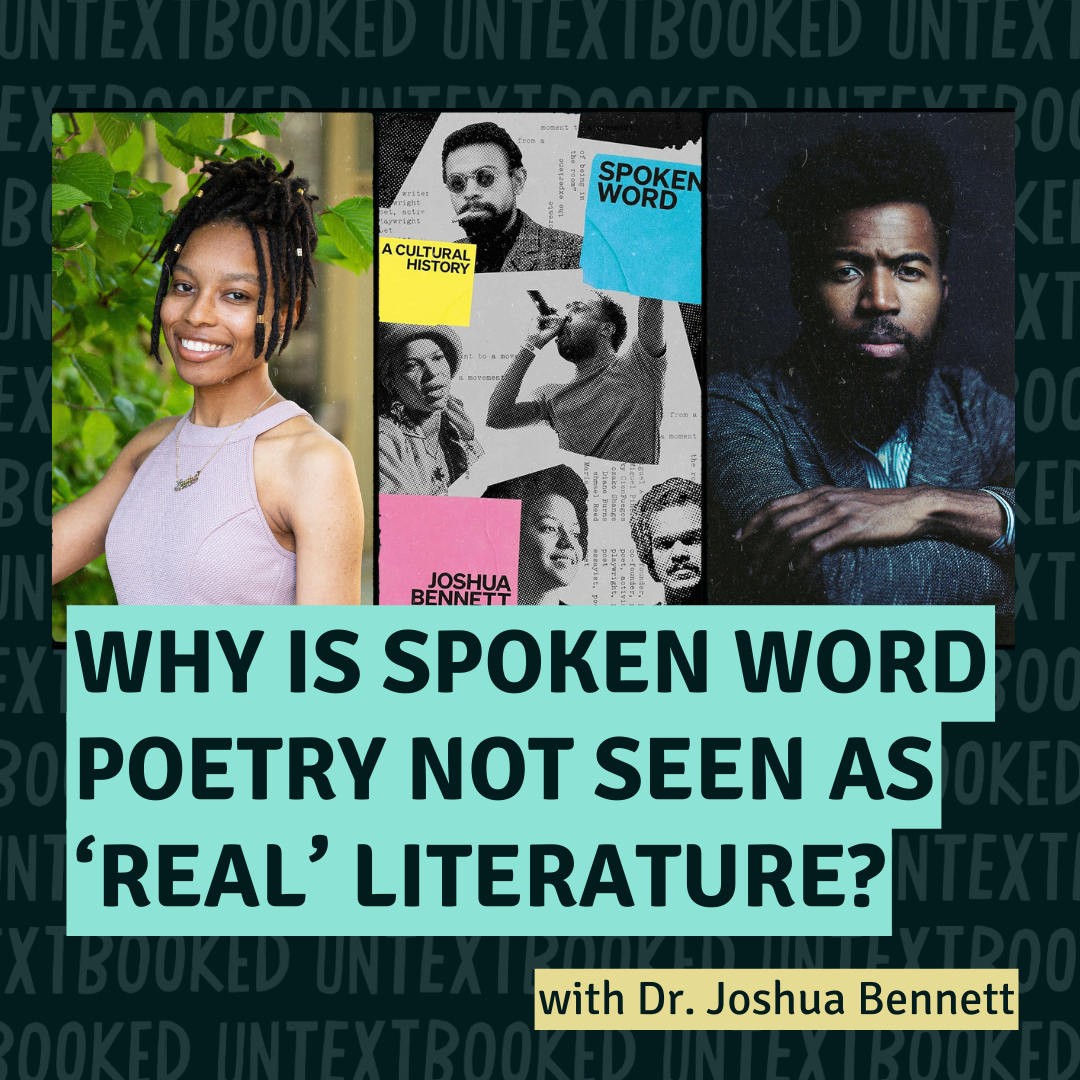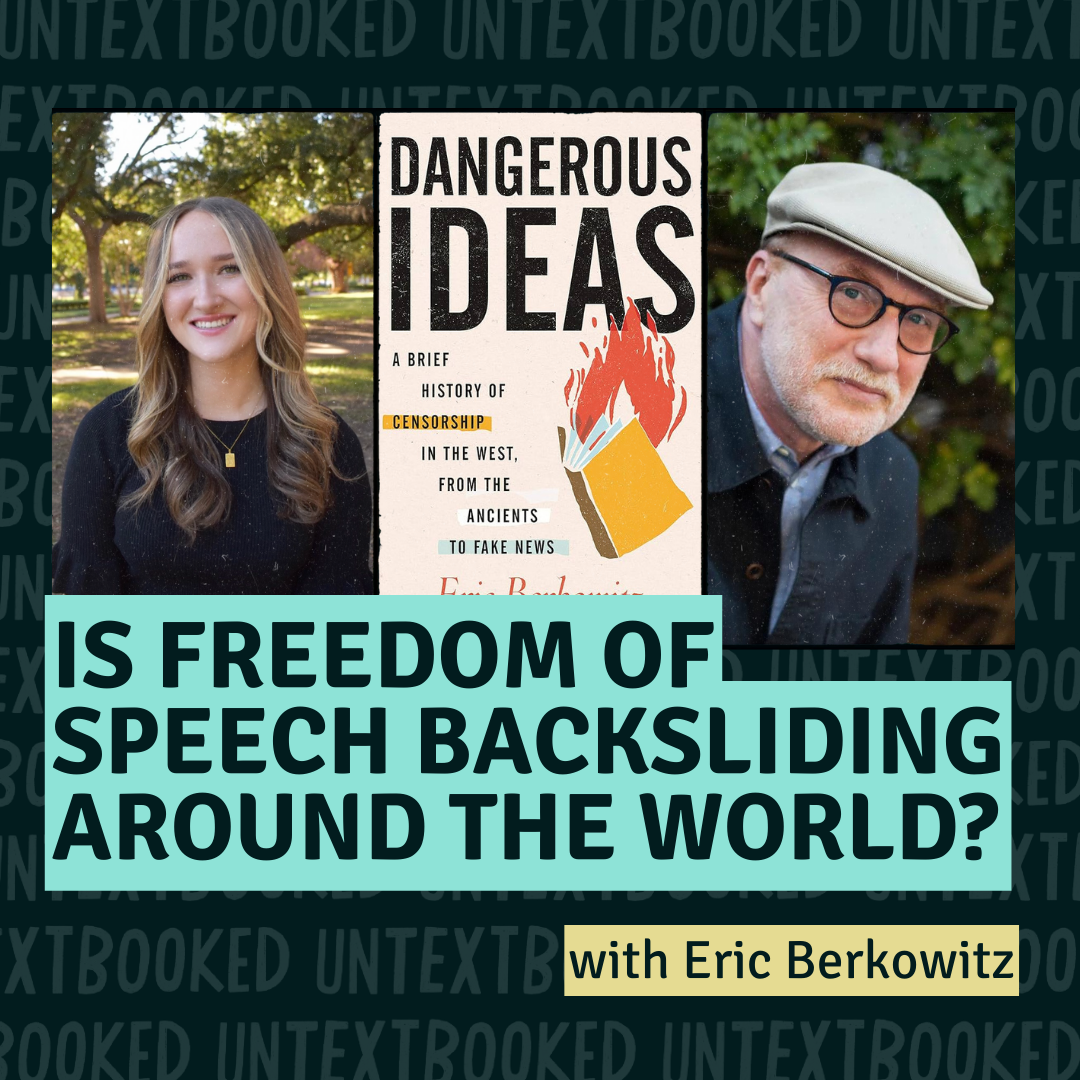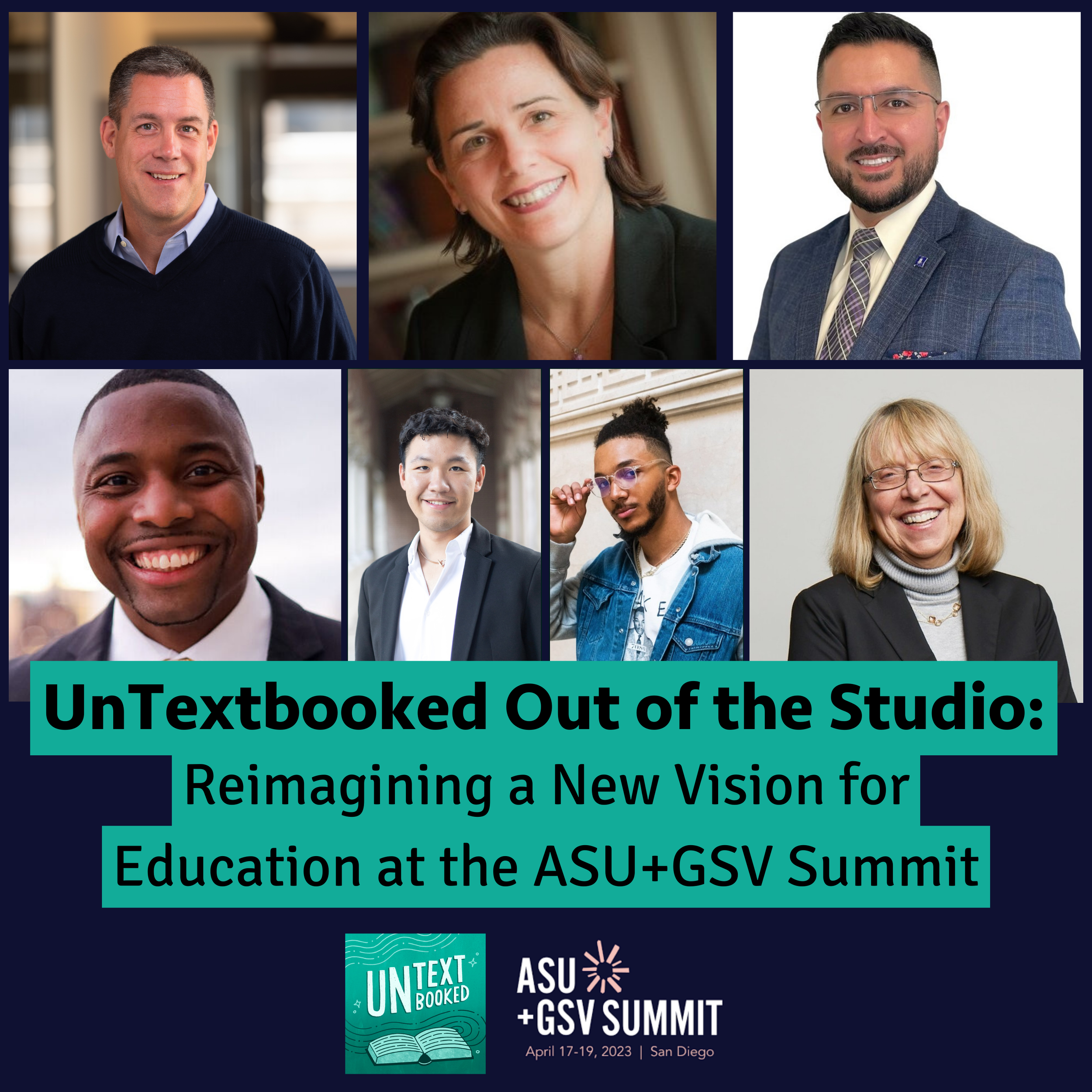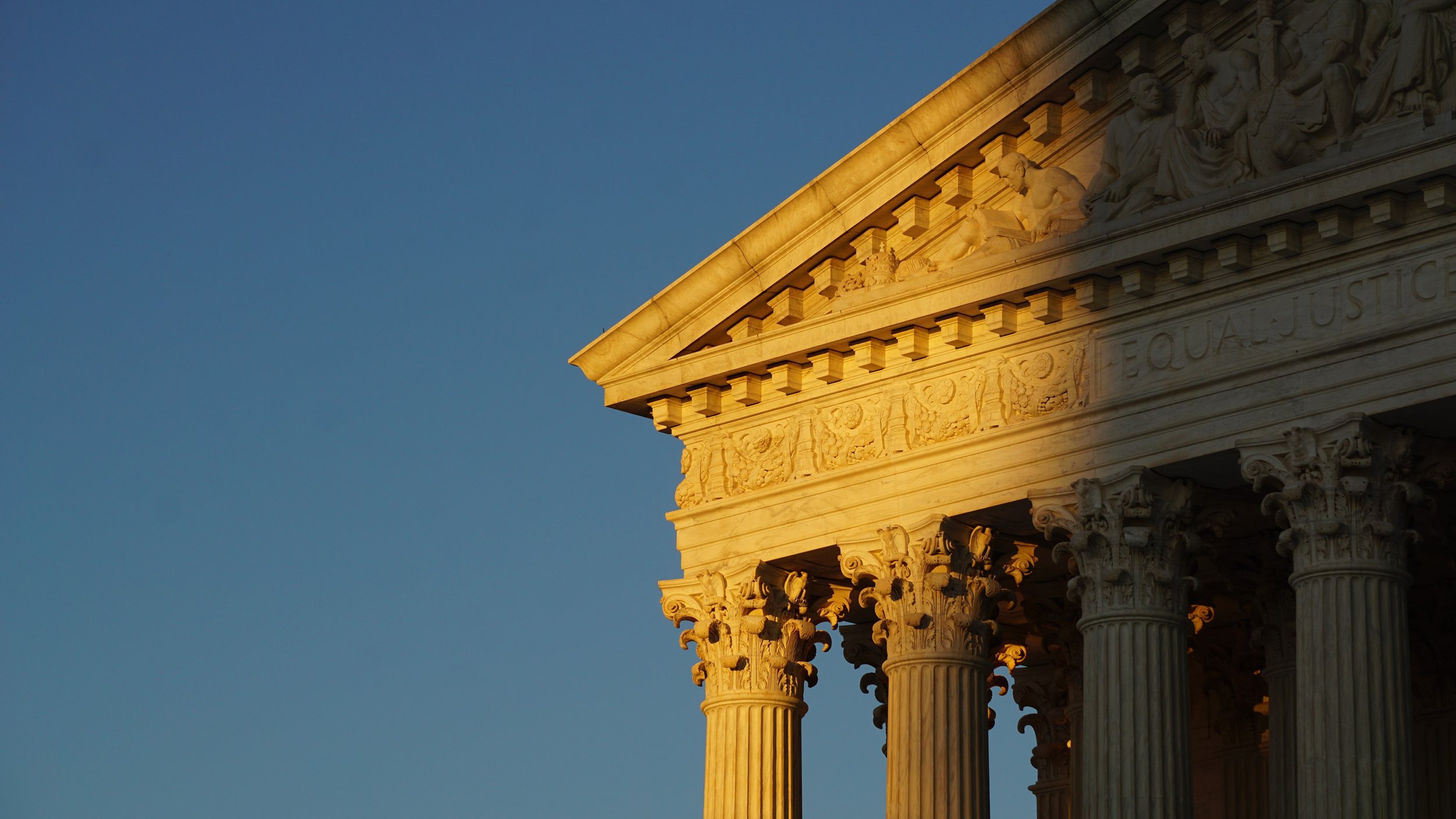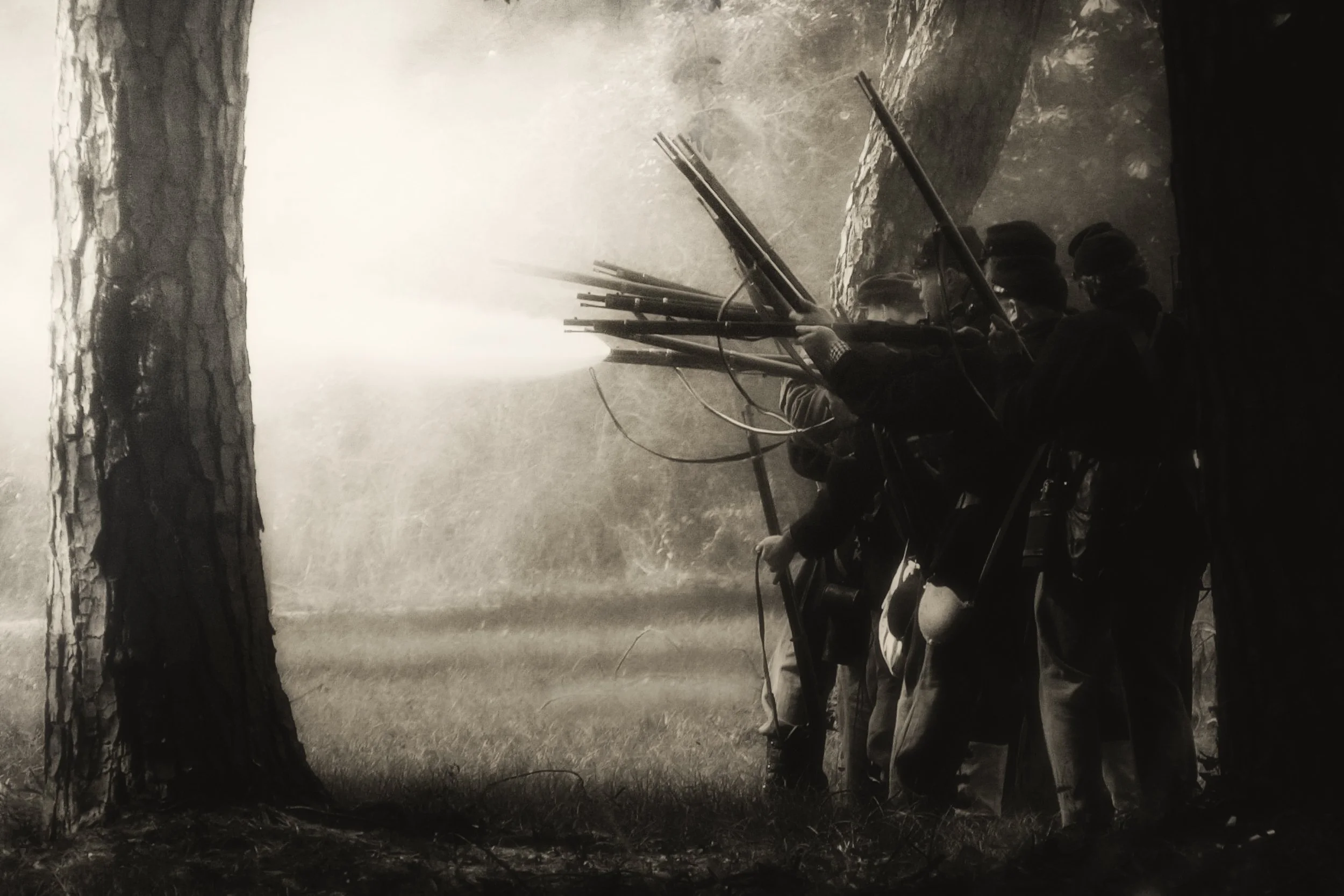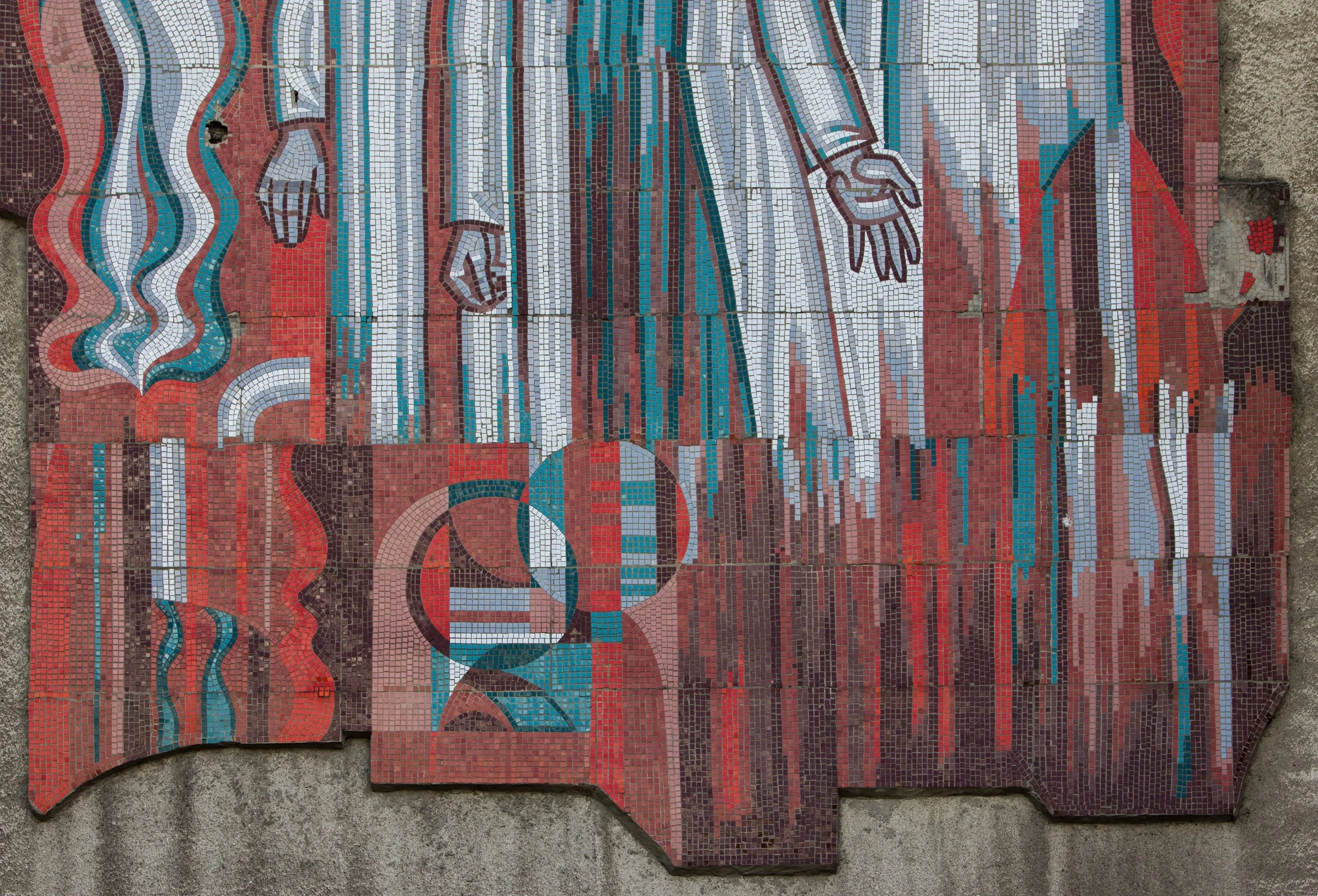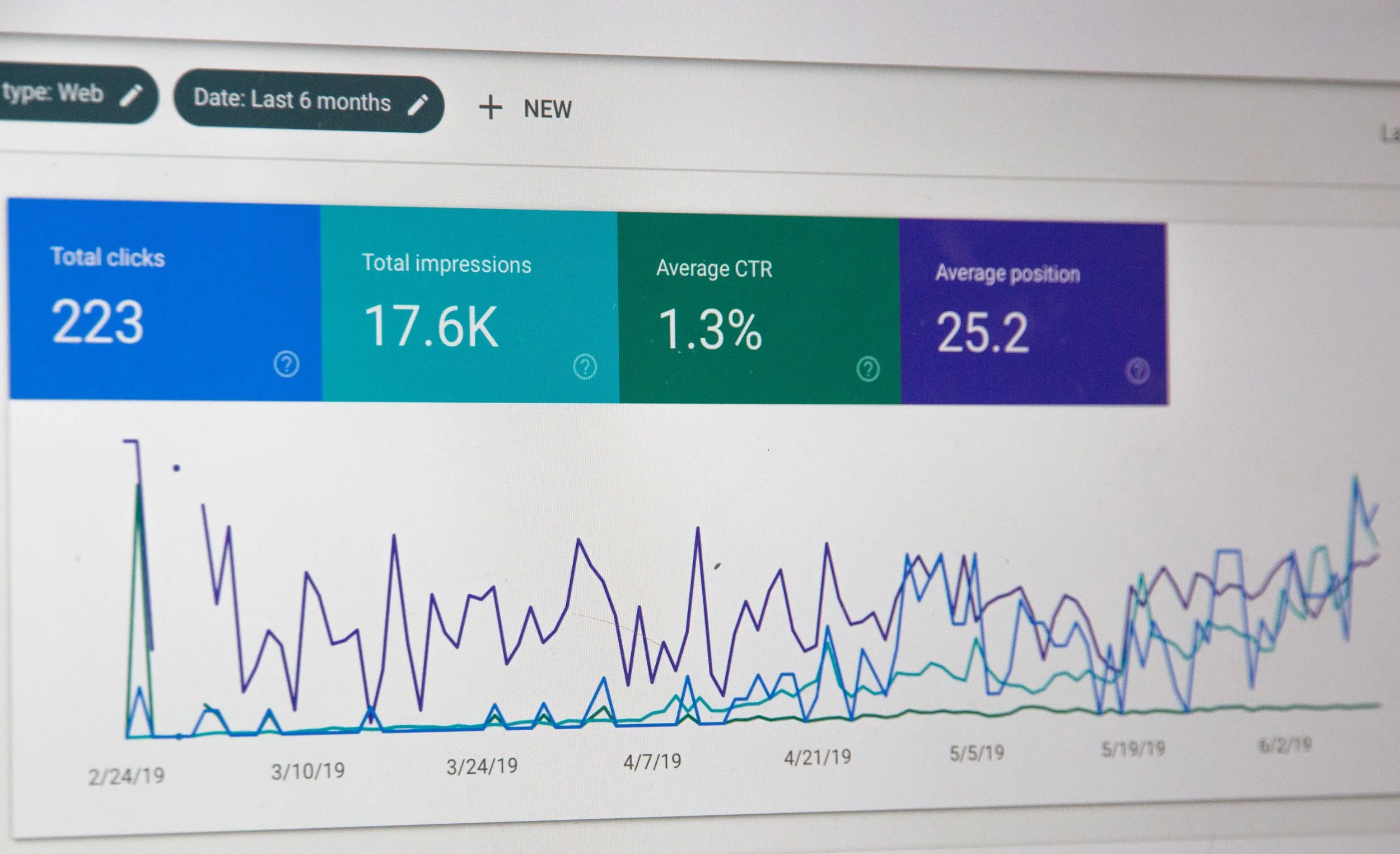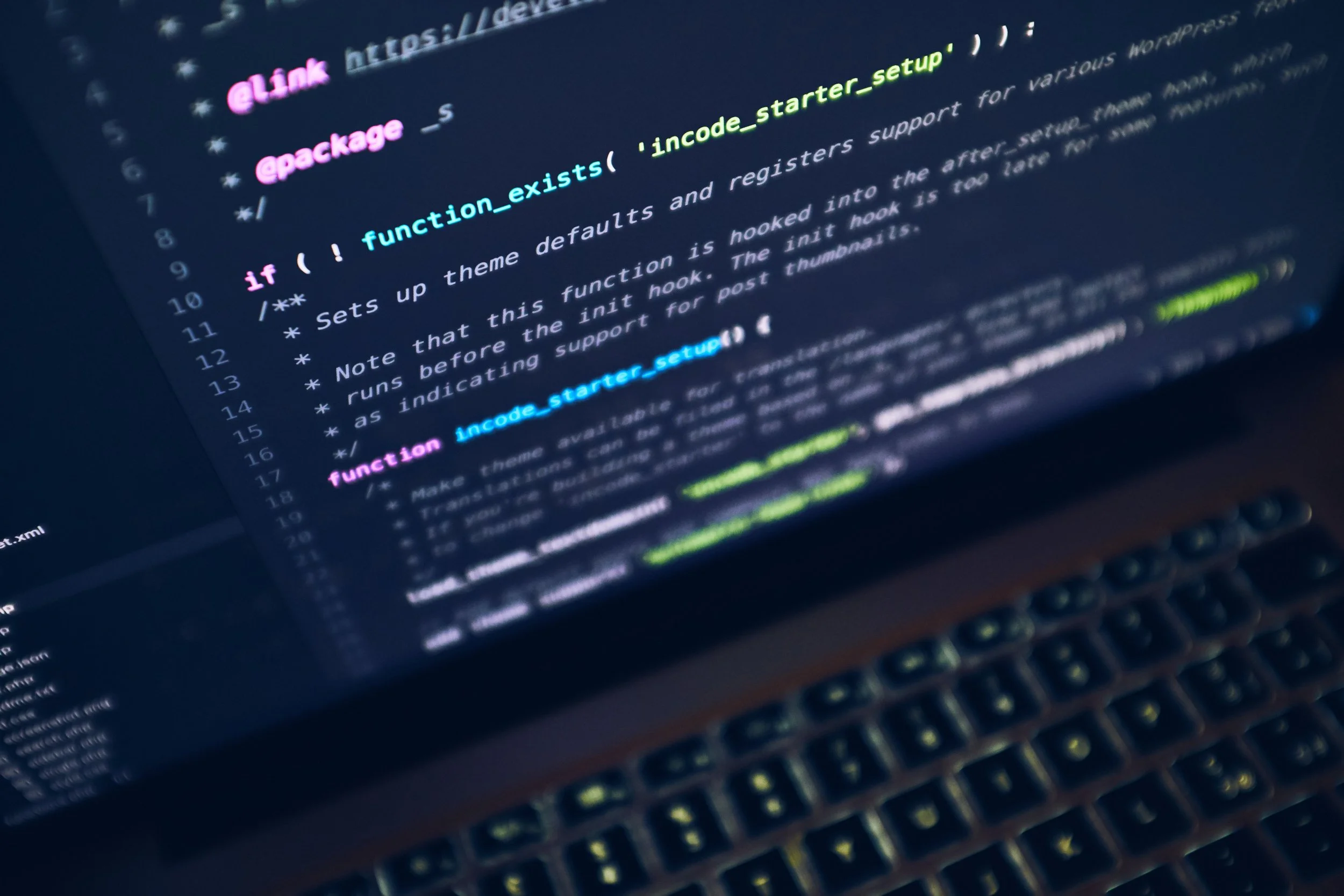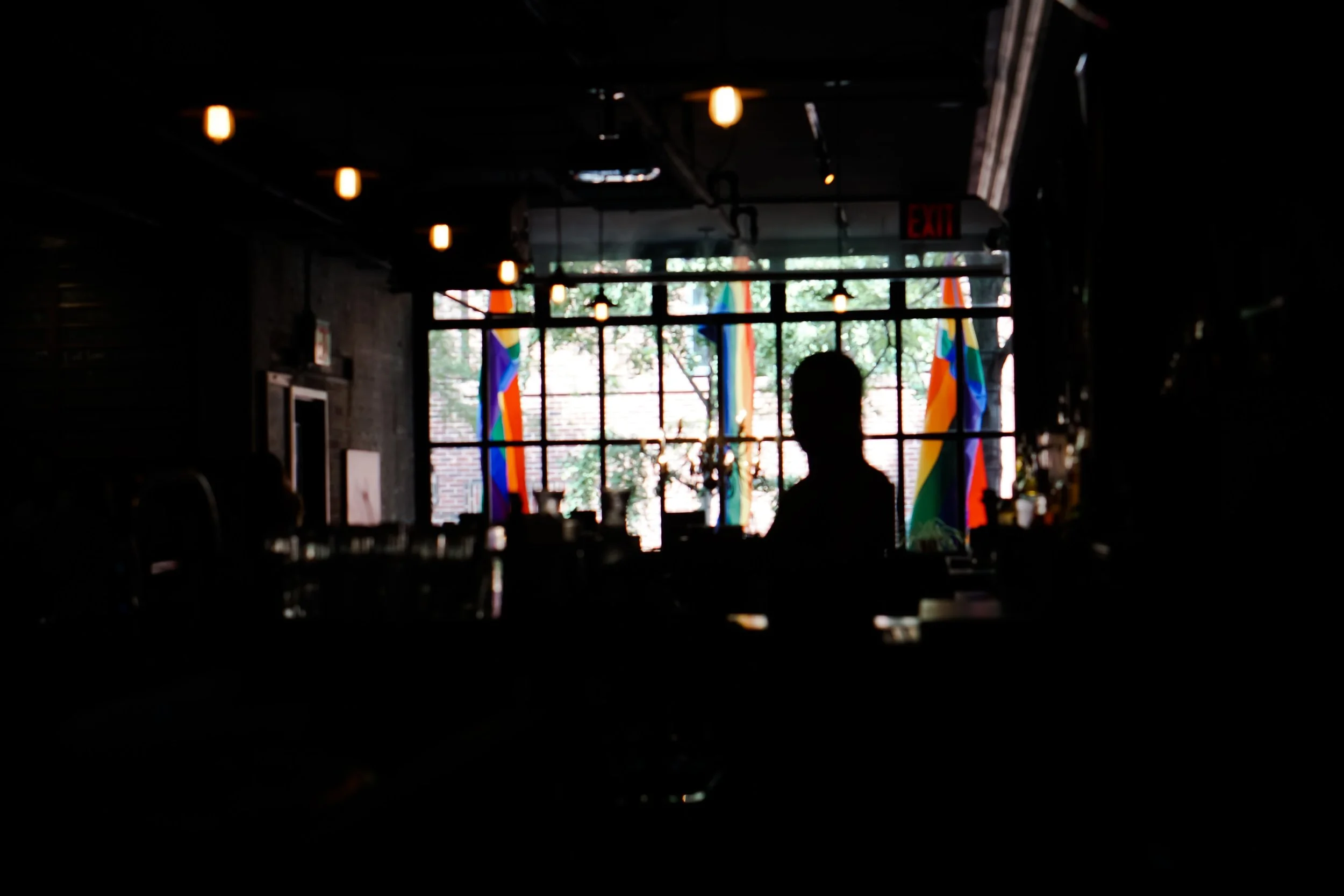Producer Ozzy Wilson, a Washington state native, speaks with Aaron Dixon, co-founder of Seattle's Black Panther Party chapter, exploring the pivotal moments in the Black Panther movement & fight for racial justice.
Read MoreProducer Lily Sones talks with Dina Gilio-Whitaker (Colville Confederated Tribes) about how industrialization halted traditional indigenous food ways and how extractive industries cause health effects across today’s indigenous communities.
Read MoreProducer Ashley Kim sits down with Sofi Thanhauser, the author of Worn: A People’s History of Clothing to learn how clothing can teach us about economics, gender and imperialism.
Read MoreProducer Sydne Clarke sits down with Dr. Joshua Bennett, the author of Spoken Word: A Cultural History. His nonfiction debut is a personal investigation into the history of spoken word, specifically the Nuyorican Poets Cafe. This is a cultural hub that started in the Lower East Side living room of Miguel Algarin.
Read MoreUnTextbooked producer Faith Stanley sits down to talk with journalist and author Charles Glass. His recent book Soldiers Don't Go Mad is a comprehensive history of the Craiglockhart Military Hospital, detailing how early psychiatrists treated PTSD and how soldiers turned to poetry and brotherhood to heal.
Read MoreUnTextbooked producer Oliver Wang talks to author Sebastian Mallaby to learn about the shadow history of venture capital. What once started as a way to liberate eight scientists from a difficult boss now is a medium to inspire innovation across the world.
Read MoreProducer Ismail Assafi sits with Dr. Beverly Gage, author of G-Man: J. Edgar Hoover and the Making of the American Century, to talk about former FBI Director J. Edgar Hoover. A man of contradictions, Hoover’s tenure lasted more than 40 years, during which he spearheaded homophobic, racist, and anti-communist policies – which arguably shaped half a century of the United States. But he also had an intimate personal relationship with a man and believed in the role of government to support social conservatism.
Read MoreWomen including Ida B. Wells and Nellie Bly were on the front edge of investigative journalism in the 1800s. But even with these historical trailblazers, why were women excluded from reporting hard news until recent history? Producer Jordan Pettiford sits down with author, journalist and professor Brooke Kroeger to find out.
Read MoreFrom banned books to freedom of speech in academic settings, censorship affects the everyday lives of young people. Censorship has existed since the dawn of language, consistently targeting themes like sex, religion and politics. But why does censorship exist? And does censorship even work?
UnTextbooked producer and college student Karly Shepherd talks to Eric Berkowitz, whose latest book covers about 2,000 years of censorship history.
Read MoreUnTextbooked heads to sunny San Diego, California, for the ASU+GSV Summit and we brought our microphones with us! Host Gabe Hostin and founding producer Victor Ye talked to innovative EdTech leaders, teachers and social entrepreneurs to discuss how we can collaboratively write a new chapter in the history of education.
Read MoreOur favorite moments from UnTextbooked’s third season.
Read MoreOn this episode of UnTextbooked, producer Karly Shepherd interviews Pulitzer Prize-winning New York Times journalist Linda Greenhouse to discuss the Supreme Court’s increasing politicization and domination by the religious right. With a supermajority of conservative Justices, how should we perceive the Supreme Court today and the effects of it’s political changes on the United States’ democracy?
Read MoreOn this episode of UnTextbooked, producer Jessica Chiriboga interviews New York Times best-selling author, Professor Daniel Ziblatt to discuss how to spot the signs of a dying democracy and how American democracy might be salvaged.
Read MoreOn this episode of UnTextbooked, producer Arya Barkesseh interviews Dr. Jeremi Suri, who argues that opposition to the union army’s Civil War victory started almost immediately after the war ended, preventing Lincoln’s vision of a genuinely united country from actually taking root.
Read MoreOn this episode of UnTextbooked, producer Lap Nguyen and Professor Susan Colbourn unpack the power of citizen protest and the crucial factors that eventually brought the contentious war to a peaceful end.
Read MoreOn this episode of UnTextbooked, producer Will Bourell interviews Professor Paul Kennedy, who argues that the expansion of the U.S. Navy during WWII cemented them at the top of a new international world order.
Read MoreOn this episode of UnTextbooked, producer Ismail Assafi and Professor Vlad Zubok revisit those final years of the USSR exploring whether it could’ve been saved, and what precedents its fall set for modern day geopolitical climates.
Read MoreOn this episode of UnTextbooked, producer Victor Ye interviews Robert Scheer to discuss how we can best protect ourselves in an era where the U.S. government has abandoned Constitutional privacy protections in favor of 24/7 citizen surveillance.
Read MoreOn this episode of UnTextbooked, producer Caroline Somers interviews Professor Thomas S. Mullaney to discuss the impact of technology– good and bad–on modern society and our role in responsibly using it.
Read MoreOn this episode of UnTextbooked, producer Jenny Fan interviews Atherton Lin taking a closer look at what recent shutdowns of such spaces have meant for those who came of age in them and the new generations now seeking to define their queer identity.
Read More
